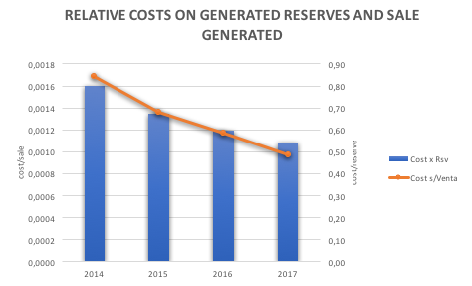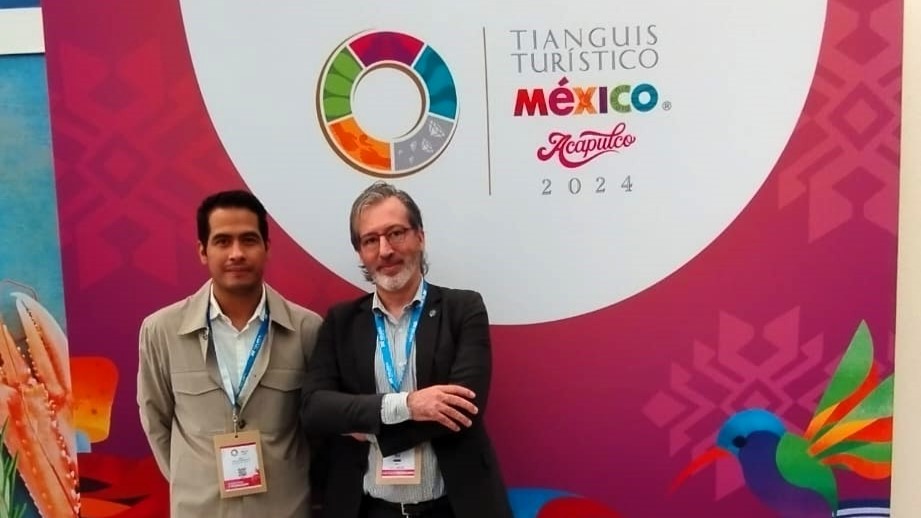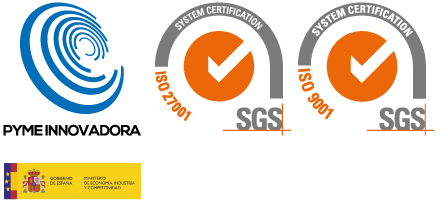Ten years after its first publication Digital IQ, the consulting firm PwC has updated the data on the digital coefficient of the companies, throwing a series of parameters with which we feel very identified in Dingus. Our company, which a decade ago was preparing to reach the market of technology providers for tourism (something that would happen a year later) explored in 2007 a business model with a significant added risk: the complexity of justifying the use of investment amortization ratios, difficult to evidence on the basis of the old models of exploitation of technological tools, and widely assumed at that time by the industry.
A decade later we are satisfied to see that that ‘risky’ bet (which had an impact on the incipient digitization of the tourism industry), was correct. This impression is reinforced by the measurements of PwC and some of its main conclusions:
1. Digital interpretation is fairly consistent today
2. CEOs have become primarily responsible for the success in adopting the digital agenda and leadership of this initiative: from 33% in 2007 to 68% this year.
3. CIOs have earned, in their own right, a seat at the table of strategic decisions. A decade ago, only 40 out of 100 had any influence on them.
4. Focusing on customer experience already indicates a superior strategic vision, and those companies that opted for this route in 2007 present today improved digital tactics and stronger financial performance.
That last interpretation, of connecting the level of digital adoption with financial performance, we believe is especially important because it confirms that the companies that present a better performance prioritize in innovation and emerging technologies. Three-quarters of those surveyed in the X Global Digital Coefficient Survey report that their innovation processes include the identification and marketing of digital products. More than half build prototypes to explore new businesses in the realm of new technologies.
The impact of digitization on tourism, particularly in the companies that have assimilated distribution and marketing tools such as those developed in the Hitt Group (Dingus and Etoolinnovation), has been a sustained growth of around 45% In reserves generated through the new platforms. Spectacular growth too also in revenue: 66% steadily over the last 5 years.
The digital immersion connection and financial performance are clearly demonstrated by the previous graph, which shows the impact of adopting innovative technologies on business performance. If we evaluate the impact on reserves, we see how there is an inversely proportional relation between the increase of reserves and revenue and the relative costs of the technology on both concepts. The technology and the new business model has represented savings of the order of 32% measured on each reserve generated and of -44% of cost for each € generated.
The impact it has had on a company like Dingus – in terms of growth and generation of value for the employees themselves – is: annual growth of 29% in turnover, creating a sustained employment at an average annual rate of 45%. At the same time, investments in innovation, training and talent management represent a budget never lower than 68% of the annual total.
However, it has been a huge challenge to demonstrate the validity of the approaches from a financial point of view, without having neither the metrics nor the capacity of beanchmarking necessary for the creation of a business model. Ten years later, the objective data give us the reason and reinforce our vision in the delivery of value at all levels.
At this point digitization requires companies to analyze what and where they are investing and how each investment relates to their digital roadmap. Also taking control from a global vision of your investments, something that will require bringing together all the diversity of stakeholders.
At Dingus we work on the new horizon for the decade 2020-2030, in the line of offering to be positioned as leaders in the digital ecosystem, and being a reference partner for companies with the tourist industry.
Jaume Monserrat
CEO Dingus






